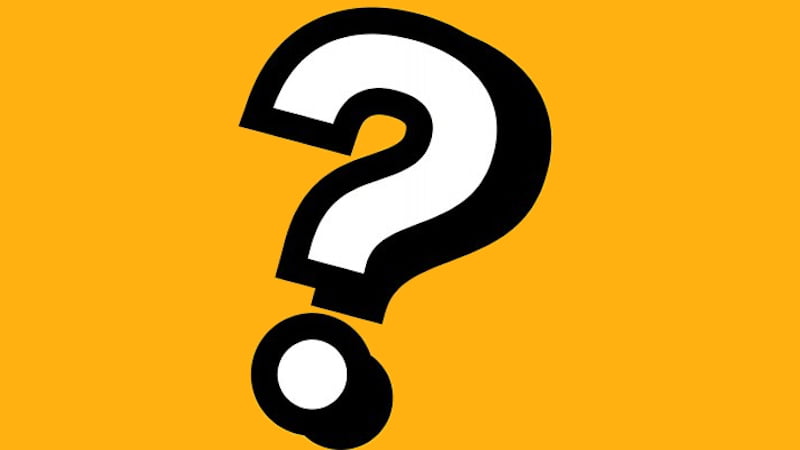
A new European Parliament will be elected on June 9, 2024. As with other elections, there are some online tools for the European elections to help with voting decisions. We dared to experiment and had ChatGPT do the Wahl-O-Mat.
Online decision-making aid for the 2024 European elections
The 2024 European elections will take place from June 6th to 9th. The goal: the election of a new European Parliament. In Germany, polling stations will be open on Sunday, June 9th from 8:00 a.m. to 6:00 p.m. As with other elections, there are some online tools for the European elections that are intended to help you make your voting decision.
The most prominent is the Wahl-O-Mat from the Federal Agency for Civic Education (bpb). For the 2024 European elections, all 35 parties running in Germany have answered the tool's theses.
Those who are undecided or interested have the opportunity to compare their positions with those of the parties. However, the Wahl-O-Mat is not an explicit voting recommendation, but rather an information service about elections and politics.
ChatGPT makes the Wahl-O-Mat
Since in times of AI the question of whether artificial intelligence has an opinion or is political is becoming more and more common, we took the 2024 European elections as an opportunity and dared to conduct a small experiment: We had ChatGPT answer all 38 theses and questions of the Wahl-O-Mat.
The prompt or request before each question was always: “Please answer the following statement/question with either “agree”, “neutral” or “disagree”. We then compared the results with the positions of all parties that were elected to the European Parliament in 2019. The result:
- Volt: 75 percent
- Animal Protection Party: 75 percent
- Green: 73.7 percent
- The left: 72.4 percent
- The party: 72.4 percent
- ÖDP: 72.4 percent
- Free Voters: 67.1 percent
- Pirates: 67.1 percent
- Family: 64.5 percent
- SPD: 63.2 percent
- FDP: 53.9 percent
- CDU/CSU: 51.3 percent
- AfD: 30.3 percent
We carried out the experiment several times in a row. The result was always similar, but not always identical. ChatGPT answered some theses that the AI had answered with approval or rejection in the first attempt, for example with “neutral”. However, in the third attempt, the ChatBot replied with approval or rejection to some questions that were answered “neutrally” in advance. However, the trend always remained similar.
In the past few days, several other actors have also confronted ChatGPT with the Wahl-O-Mats' theses. For example, Timm Rotter, founder of the AI consulting agency Disruptiv, the social media expert Felix Beilharz and the tabloid Bild.
European elections 2024: Is ChatGPT biased?
According to all experiments (including ours), when looking at the “larger” parties, the AI leans towards the Greens (70 and 90 percent) or the Left (70 to 80 percent). The AfD always performs worst – and far behind. The CDU/CSU and the FPD are in the lower midfield at 50 to 60 percent.
ChatGPT actually wants to be neutral. If you ask the AI, it will answer that it is not political and does not have its own opinion. There are many reasons why ChatGPT's answers to the Wahl-O-Mat's theses nevertheless reveal a political tendency.
On the one hand, the yes-no scheme is often far too superficial for complex political and social questions. On the other hand, ChatGPT's training data plays a role, as a large part of the data comes from public media and publications that tend to be less right-wing or conservative.
The election programs of the more left-wing and social parties are more often based on scientific studies, while the conservative, liberal and right-wing political actors often act in a populist manner – with a lot of opinion and emotionalism. The most important reason, however, is probably that ChatGPT answers the Wahl-O-Mats theses because it was asked to do so. However, the AI views the questions as individual questions and not in a party-political context such as the European elections.
Also interesting:
Source: https://www.basicthinking.de/blog/2024/05/21/europawahl-2024-chatgpt-macht-den-wahl-o-mat/


